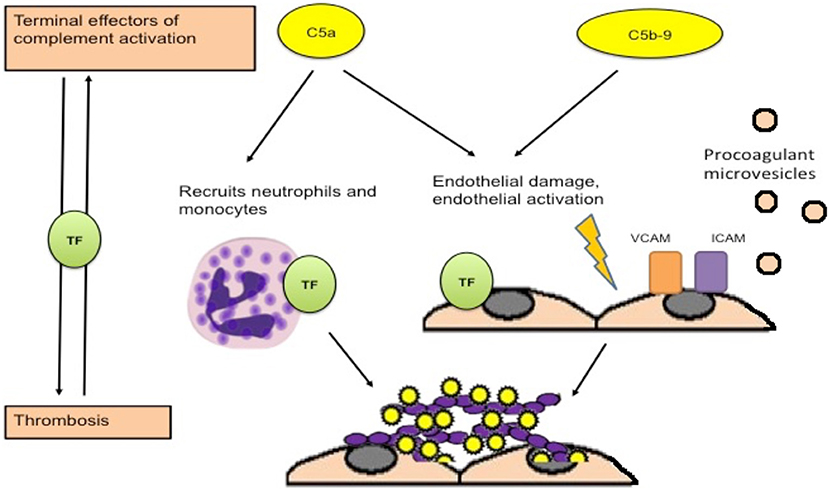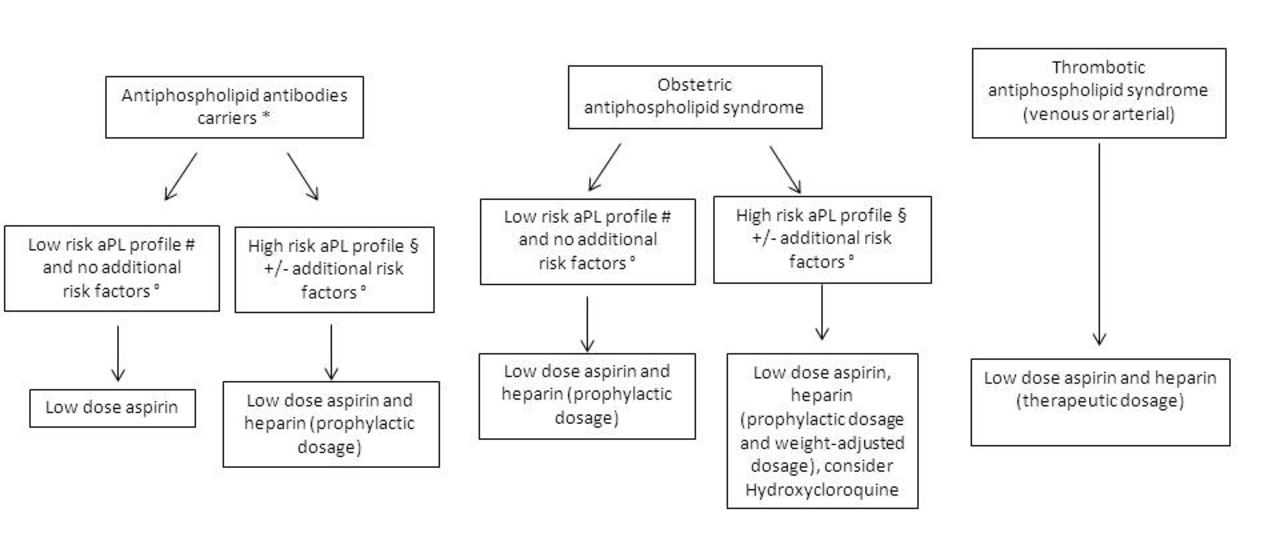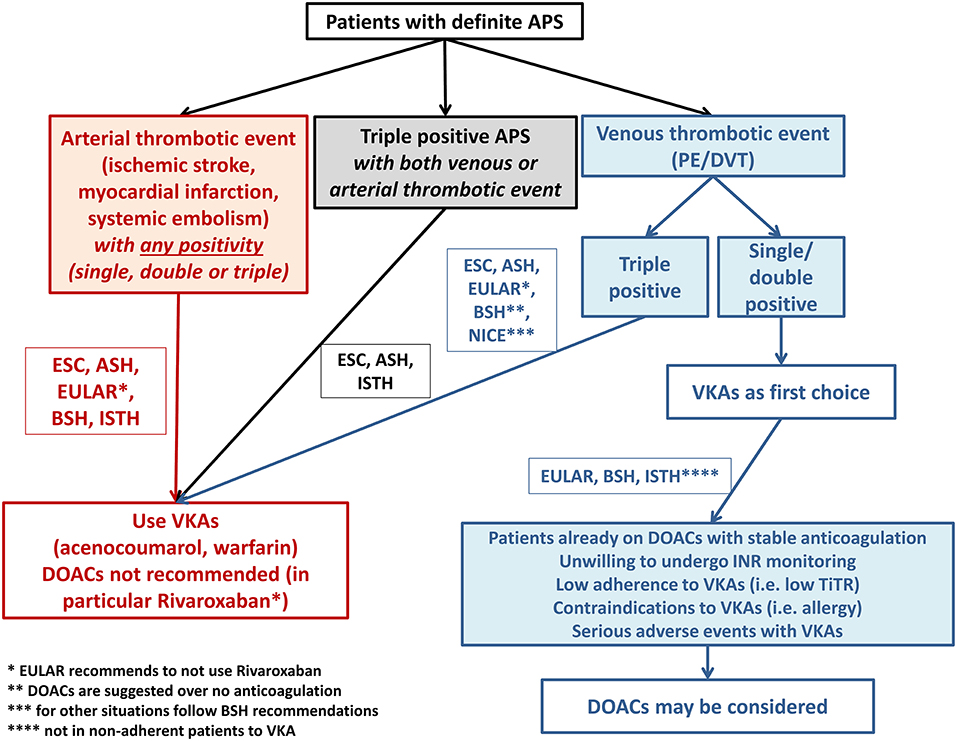Antiphospholipid Syndrome, commonly abbreviated as APS, is a rare autoimmune disorder that affects the blood’s ability to clot properly. This condition can lead to serious complications such as blood clots in arteries and veins, recurrent miscarriages, and other health issues. In this article, we will explore the intricacies of Antiphospholipid Syndrome, including its causes, symptoms, and available treatments.


Understanding Antiphospholipid Syndrome
Antiphospholipid Syndrome is a condition where the immune system mistakenly produces antibodies that attack phospholipids, which are essential components of cell membranes. These antibodies interfere with the normal function of blood vessels and clotting mechanisms, leading to an increased risk of clot formation. The syndrome can occur on its own, known as primary Antiphospholipid Syndrome, or alongside other autoimmune diseases like systemic lupus erythematosus, referred to as secondary Antiphospholipid Syndrome.
Causes of Antiphospholipid Syndrome
The exact cause of Antiphospholipid Syndrome remains unknown, but researchers believe it involves a combination of genetic and environmental factors. Some potential contributors include:
- Genetic Predisposition: Certain individuals may inherit a predisposition to develop the syndrome due to specific gene mutations.
- Infections: Some viral or bacterial infections might trigger the production of abnormal antibodies.
- Medications: Certain drugs have been linked to the development of Antiphospholipid Syndrome in some cases.
- Hormonal Factors: Hormonal changes, particularly during pregnancy or while using oral contraceptives, might increase the risk of developing the condition.
Symptoms of Antiphospholipid Syndrome
The symptoms of Antiphospholipid Syndrome can vary widely depending on the location and severity of blood clots. Some common signs and symptoms include:
- Blood Clots: Deep vein thrombosis (clots in the legs), pulmonary embolism (clots in the lungs), and strokes are frequent manifestations.
- Pregnancy Complications: Women with this condition often experience recurrent miscarriages, stillbirths, or premature births.
- Rash: A distinctive rash known as livedo reticularis, characterized by a net-like pattern on the skin, may appear.
- Neurological Symptoms: Headaches, seizures, and cognitive difficulties can occur if clots affect the brain.
- Cardiovascular Issues: Heart attacks and heart valve problems are possible complications.
Diagnosing Antiphospholipit Syndrome
Diagnosing this condition requires a thorough evaluation by a healthcare professional. Key steps in the diagnostic process include:
- Medical History: A detailed review of the patient’s medical history, focusing on any previous episodes of blood clots or pregnancy complications.
- Physical Examination: Checking for physical signs such as rashes or swelling indicative of blood clots.
- Laboratory Tests: Blood tests to detect the presence of specific antibodies associated with the syndrome, such as lupus anticoagulant, anticardiolipin antibodies, and anti-beta-2 glycoprotein I antibodies.
- Imaging Studies: Ultrasounds, CT scans, or MRIs may be used to identify existing blood clots.
Treatments for Antiphospholipid Syndrome
While there is no cure for Antiphospholipid Syndrome, several treatment options aim to reduce the risk of clot formation and manage symptoms effectively. These include:
- Anticoagulant Medications: Drugs like warfarin, heparin, or newer oral anticoagulants help prevent blood clots from forming.
- Aspirin Therapy: Low-dose aspirin is often prescribed to lower the risk of clotting, especially in pregnant women.
- Corticosteroids: In severe cases, corticosteroids may be used to suppress the immune system and reduce antibody production.
- Plasma Exchange: This procedure removes harmful antibodies from the blood and may be considered in life-threatening situations.
- Pregnancy Management: Close monitoring and specialized care are crucial for pregnant women with the condition to ensure a healthy pregnancy outcome.
Living with Antiphospholipid Syndrome
Managing Antiphospholipid Syndrome involves a combination of medication adherence, regular medical check-ups, and lifestyle adjustments. Patients are encouraged to:
- Avoid Smoking: Smoking increases the risk of blood clots and should be avoided.
- Maintain a Healthy Weight: Obesity can exacerbate clotting risks, so maintaining a balanced diet and exercising regularly is important.
- Stay Hydrated: Adequate hydration helps maintain healthy blood flow and reduces clotting risks.
- Monitor Symptoms: Being vigilant about any new or worsening symptoms and seeking prompt medical attention when necessary.
Research and Future Directions
Ongoing research aims to better understand the underlying mechanisms of Antiphospholipid Syndrome and develop more targeted therapies. Scientists are exploring new biomarkers for early detection, novel anticoagulant drugs with fewer side effects, and immunomodulatory treatments that could potentially alter the course of the disease.
Support and Resources
Living with a chronic condition like Antiphospholipid Syndrome can be challenging, but support is available. Patients and their families can benefit from connecting with advocacy groups, online communities, and educational resources to stay informed and find emotional support.





